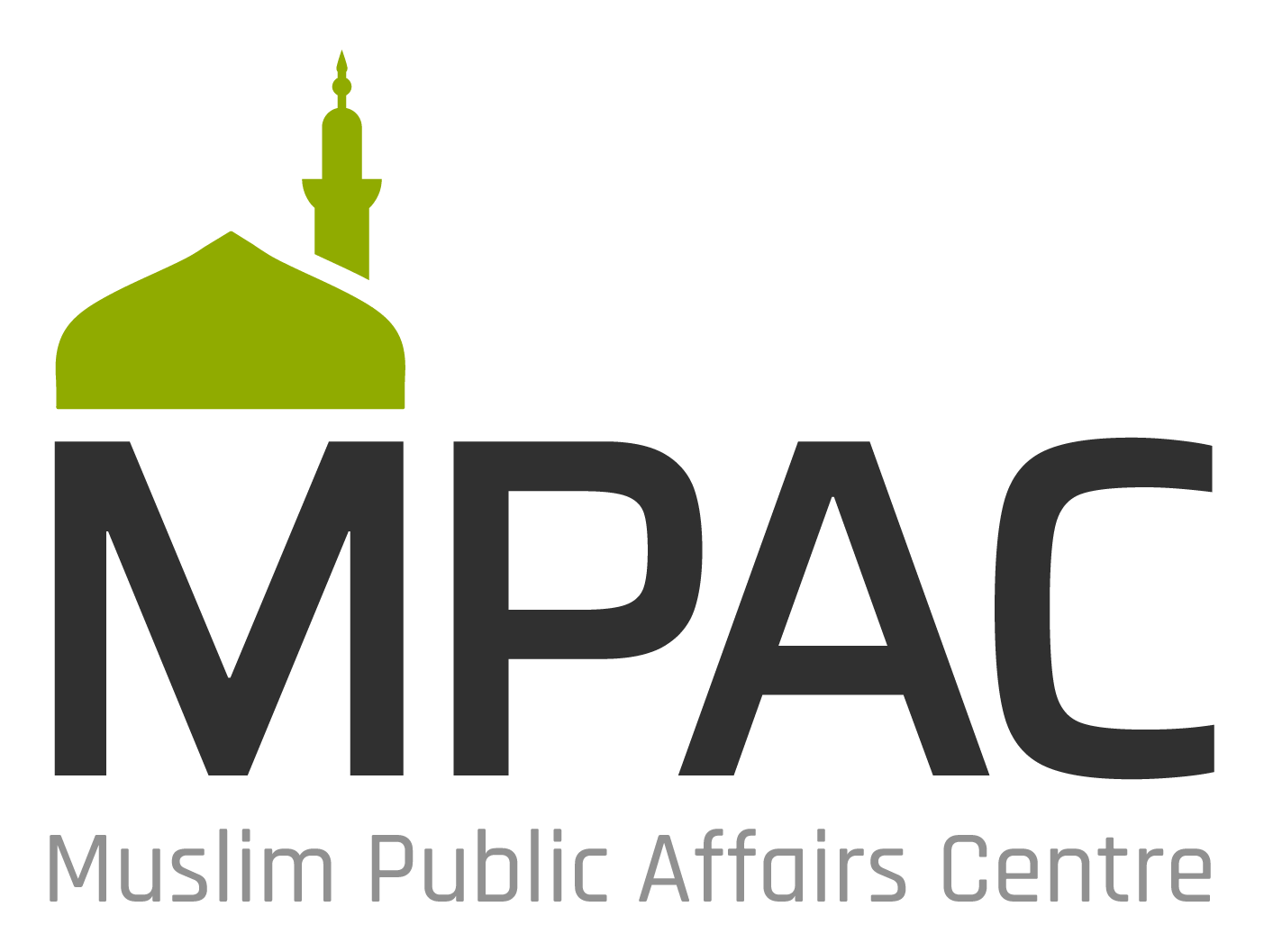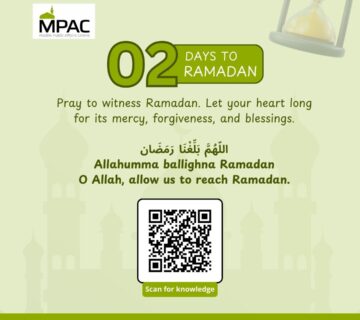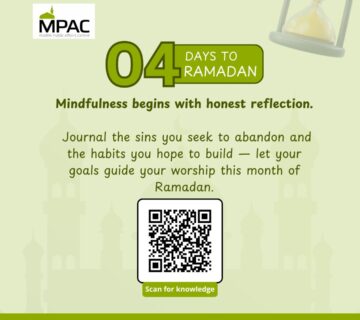As-salamu Aleikum Waramothullah Wabarakathu.
Ramadan Mubarak.
As a parent, I wish I never had to talk to my kids about Islamophobia. If only it didn’t exist, and that I didn’t have to taint their innocence with such an unpleasant and possibly frightening topic! Unfortunately, my kids (and yours) are likely to face Islamophobia at some point, whether online or in real life, whether we discuss it with them or not. And, by the look of recent statistics, instances of bias and harassment linked to Islamophobia are both on the rise globally. Prejudice plays a key role in the existence and proliferation of Islamophobia. Prejudice alone, as a negative judgment, opinion, or attitude, is detrimental to a population’s overall well-being. Prejudice combined with overt actions, rising to the level of discrimination, online hate, cyber-bullying, hate crimes, creates a dangerous environment for its victims. Therefore, advocating for Muslims to promote their interests, rights, and well-being will not only serve the interest of the Muslims, it is for the overall well-being of the society.
FOR MPAC, ADVOCACY MEANS: WORKING WITH YOU TO ELEVATE MUSLIM RIGHTS AND THE VOICES OF THOSE WE SERVE.
The right to justice is a very important and valuable right that Islam has given to man as a human being. The Holy Quran has laid down: “And do not let ill-will towards any people incite you so that you swerve from dealing justly. Be just; that is nearest to heedfulness” (Surah Maidah:8). Stressing this point, the Quran again says: “You who believe, stand steadfast before God as witnesses for (truth and) fair play” (Surah Nisa: 135).
This makes the point clear that Muslims have to be just and must be treated equally with justice. In other words, the justice to which Islam calls her followers extends not only to others but also to themselves and their fellow brothers and sisters in the deen.
An important aspect of our work at the Muslim Public Affairs Center (MPAC) has always focused on understanding the mechanisms of religious bigotry, highlighting the dangers of hateful rhetoric in the society and dismantling the mindset behind it, seeking justice for the rights of Muslims and speaking against hate crimes. During the last couple of years, MPAC has directly acted against discrimination against Muslims across the country. Be it in the media, and through direct advocacy works. We have taken steps against online hate, reported hate speeches and cyber-bullying of Muslims to the Police, and proactively supported our brothers and sisters exposed to all sorts of anti-Muslim crimes. For instance, MPAC reported 4 cases before the Nigerian Human Rights Commission on behalf of the Muslim community and as a result, got the Police and DSS to act on the incidents we reported specifically as anti-Muslim hate crimes. We have met with the Nigeria Police, submitted petitions and statement to the DSS on Muslim issues and continue to do so. Today, we invite you to partner with us to amplify our voice. This is just one area out of many that our works focus on.
Support us with Sadakat or Zakat, to provide a future for the work we do. Thousands of Nigerian Muslims rely on the services we provide at MPAC and thousands more from around the world visit our website for news every day. Due to the significant challenges we face in dealing with Muslim-related issues in a heightened Islamophobic environment, MPAC is constantly under financial strain to meet our financial needs.
It is easy to understand the importance of organisations that do the sort of work we do at MPAC in today’s climate. If you find value in our work, please support us with a donation today. Moreso, you can also pay your Zakat to MPAC as we are zakat eligible.
Bank Account Detail
Account Name: Muslim Public Affairs Centre
Bank: JAIZ Bank Plc.
Account Number: 0003610695 (MPAC ZAKAT Payment)
0003670628 (Sadaqat/General Donation)
Other donation options: https://mpac-ng.org/donate-to-
Thank you.
Disu Kamor
Executive Chairman,
Muslim Public Affairs Centre







No comment